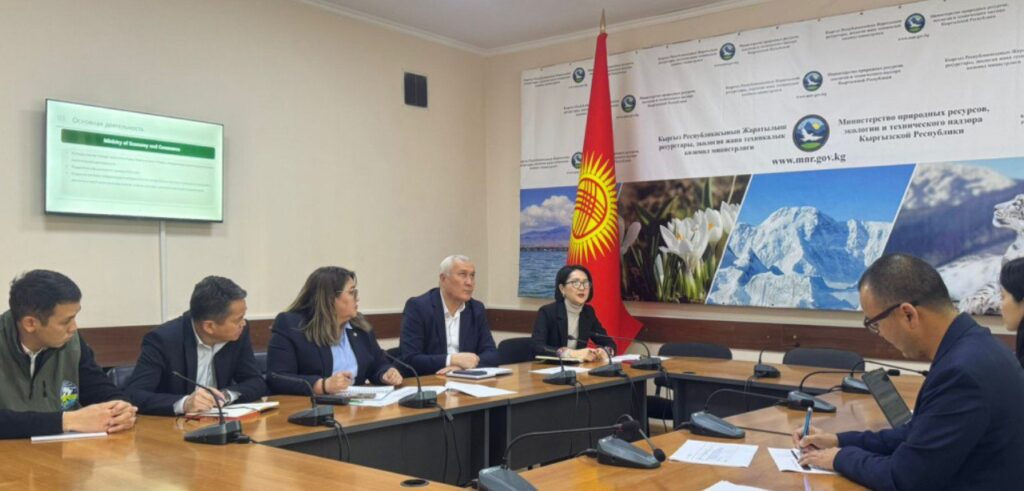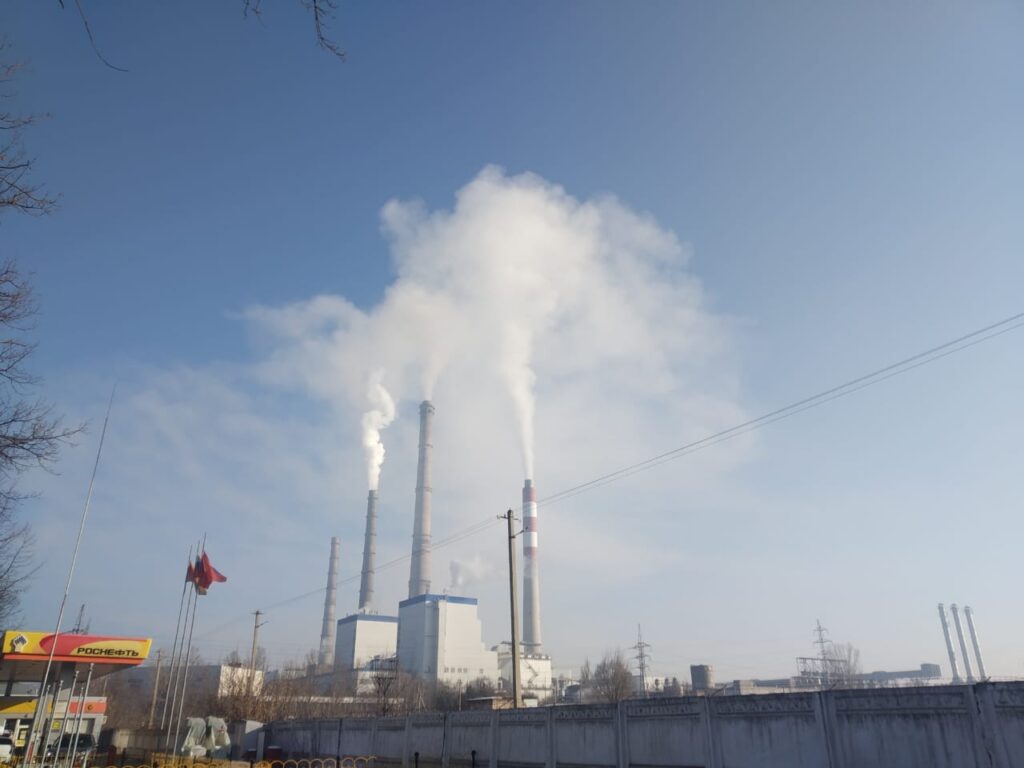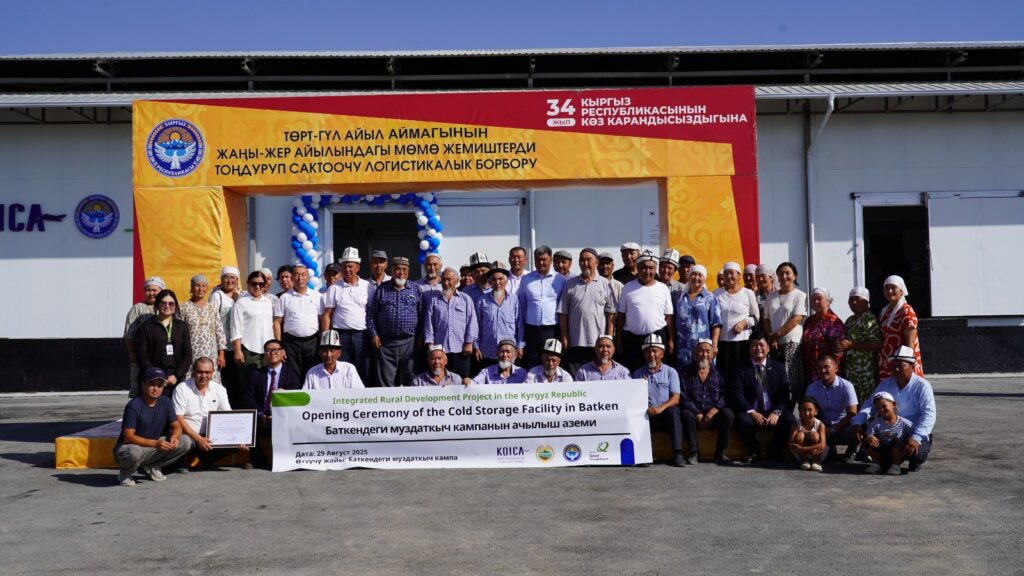South Korea Sees Surge in Tourist Interest in Kazakhstan
Kazakhstan is emerging as a leading travel destination in Central Asia for South Korean tourists, with interest surging by 295% from January to October 2025, according to data from the digital tourism platform Agoda. Kazakh Tourism, the national tourism company, said that the data reflects a sharp rise not only in actual visits, measured through accommodation bookings but also in search queries for travel to Kazakhstan. The increased availability of direct flights between the two countries has played a significant role in this growth. Agoda reports that the launch of the Incheon-Almaty route by Eastar Jet boosted interest in Almaty, with search activity jumping by 348%. Shymkent, located in southern Kazakhstan, also saw an 89% rise in interest from South Korean travelers. This increase coincides with the May launch of a direct Incheon-Shymkent flight by SCAT Airlines. Meanwhile, Air Astana has expanded its services with more frequent flights from Seoul to both Almaty and Astana. “We are seeing a clear increase in interest among South Korean travelers in destinations that combine adventure, culture, and authenticity, with Central Asia standing out as a region of growing interest,” said Jay Lee, Agoda’s regional director for North Asia. Interest from South Korea is part of a broader regional trend. Agoda reported a 225% rise in search activity for the four main Central Asian destinations, Kazakhstan, Uzbekistan, Kyrgyzstan, and Tajikistan, compared to the same period last year. Kazakh Tourism noted that it has been actively promoting the country’s tourism potential in South Korea through B2B meetings and information tours aimed at fostering cooperation between leading tour operators. While Agoda’s figures highlight a significant uptick in online interest, Kazakh Tourism’s own data shows more moderate growth in actual tourist arrivals. From January to September 2025, the number of South Korean visitors to Kazakhstan rose by 25% year-on-year, reaching over 41,300 people. This made South Korea the fifth-largest source of tourists to Kazakhstan, following China (693,000 visitors, up 42%), India (113,000), Turkey (over 103,000), and Germany (more than 81,000). According to the Border Service, Kazakhstan welcomed more than 12.2 million foreign visitors in the first nine months of 2025, 730,000 more than during the same period in 2024. As previously reported by The Times of Central Asia, Kazakhstan has also taken the regional lead in medical tourism this year, surpassing its Eurasian neighbors in growth and infrastructure development.






